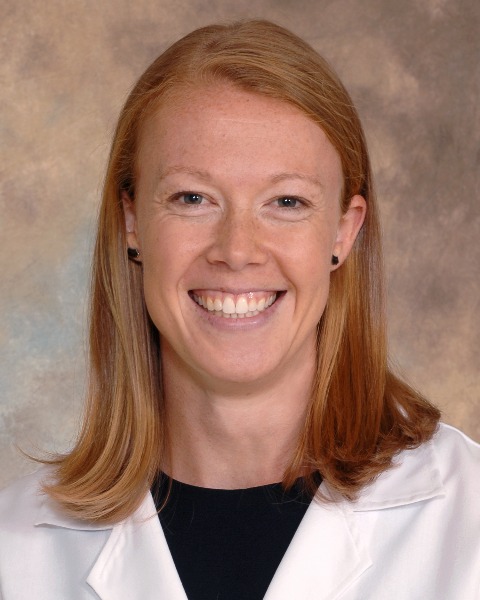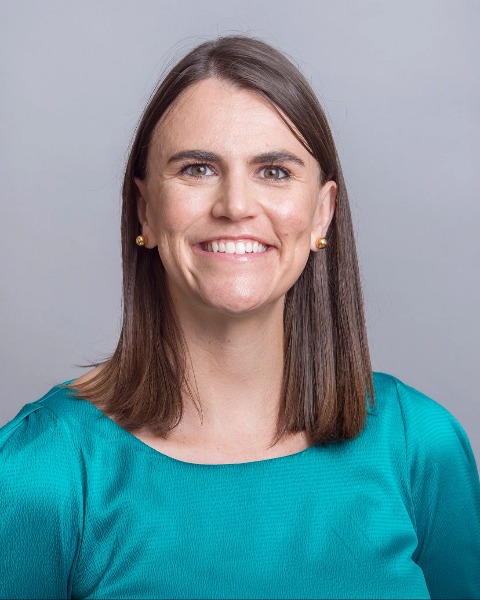Adolescent Medicine
Children with Chronic Conditions
Community Pediatrics
Developmental and Behavioral Pediatrics
Diversity, Equity, and Inclusion
General Pediatrics
Health Equity/Social Determinants of Health
Medical Education
Trainee
Ch-ch-changes: Transition Care for Adolescents and Young Adults with Intellectual Anddevelopmental Disabilities (IDD)
-

Alexandra Schoenberger, MD, MSEd (she/her/hers)
Resident Physician
Cincinnati Children's Hospital Medical Center
Cincinnati, Ohio, United States -
KK
Kathryn Kemere, MD MS
Assistant Professor
Baylor College of Medicine, United States -
AN
Abigail Nye, MD
Associate Professor of Internal Medicine
University of Cincinnati College of Medicine
Cincinnati, Ohio, United States -

Marie Pfarr, MD, MSc (she/her/hers)
Assistant Professor
UAB/ Children's of Alabama
Birmingham, Alabama, United States -

Vrunda Vithalani, MD (she/her/hers)
Assistant Professor, Internal Medicine Pediatrics
Baylor College of Medicine and Texas Children's Hospital
Houston, Texas, United States
Leader(s)
Co-Leader(s)
Workshop Description: Despite the Surgeon General’s calls in 2005 for an increase in education surrounding the care of patients with intellectual and developmental disabilities (IDD), only about 50% of medical schools’ curriculums include disability education. While medical advances have resulted in children and adolescents with IDD living longer, medical education does not reflect this. Thus, at all levels of training, there is a paucity of education around topics such as healthcare transition, guardianship, medical technology, and reproductive/sexual health for patients with IDD. Recent literature has shown that providers do not want to care for patients with IDD, in part due to this inadequate training. There is therefore a continually-widening gap between patient needs and our training. As pediatricians, we play a crucial role in caring for these children and adolescents as they transition into adulthood; our training must reflect this for us to appropriately care and advocate for our patients.
Engaging in active learning, participants will engage in small-group, case-based learning focused on transition-specific topics such as decision-making in adolescents and young adults with IDD and challenges and strategies for supporting patients during their transition between pediatric and adult healthcare systems. We will be including the voices of those with lived experience in these topics within our workshop so that they can share their expertise. Participants will have access to supplemental materials for each topic to promote further application of the information and provide examples for integration of this education at their home institutions.
Learning Objectives:
- Compare and contrast guardianship and other forms of support available for individuals with IDD, such as supported decision-making, including what they are, how they impact individuals, and when they may or may not be appropriate.
- Evaluate the way in which your pediatric healthcare system prepares (or does not prepare) patients and their families for transition by comparing it to models of best practice in transition care.
- Generate at least one way in which you can improve the care you provide your patients as they approach adolescence or young adulthood.

